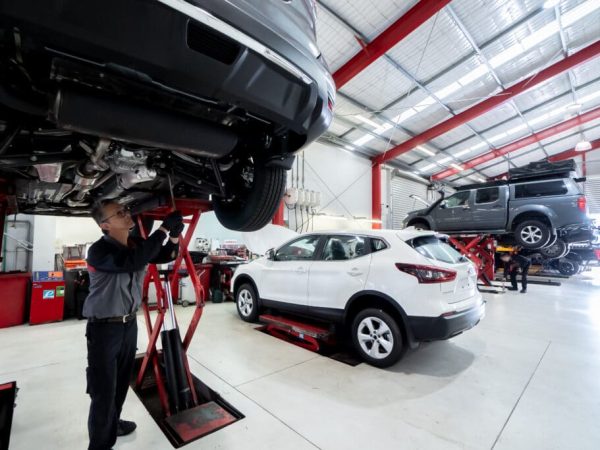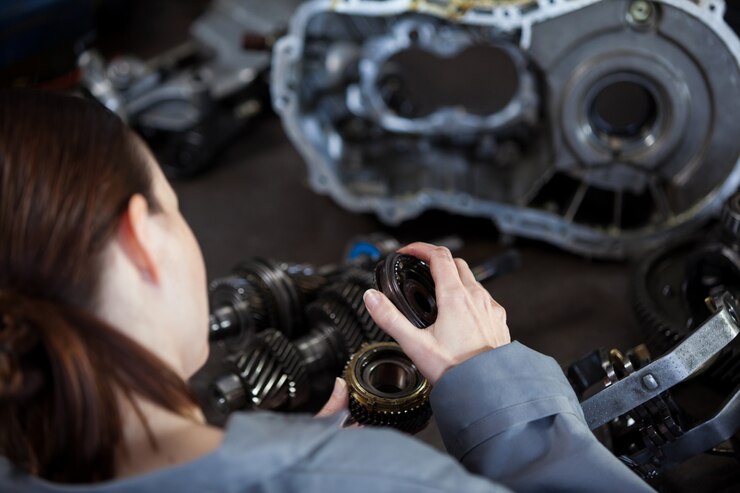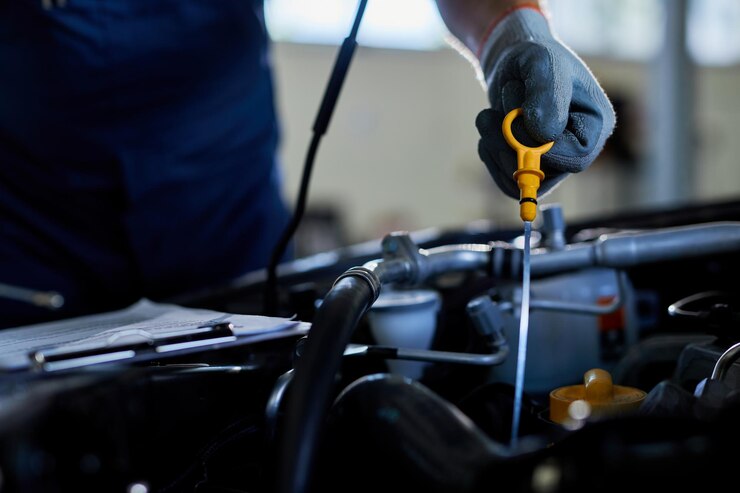03
Dec

When it comes to keeping your Nissan vehicle running smoothly, spare parts play an essential role. Whether you’re handling regular maintenance, fixing minor issues, or taking on larger repairs, having the right spare parts is critical. They ensure your car functions safely and efficiently, no matter its age or model. But with so many options available, navigating the world of Nissan spare parts can feel overwhelming.
This guide will break down everything you need to know about Nissan spare parts, including why they’re important, the different types available, and how to make the best choices for your vehicle.

Spare parts are more than just replacements; they’re the backbone of your car’s health and performance. Over time, components naturally wear out due to regular use, environmental factors, or accidents. Replacing damaged or worn-out parts promptly can prevent small problems from escalating into costly repairs.
For Nissan vehicles, using the right spare parts ensures compatibility and performance. Every Nissan is designed with precision, and choosing parts specifically tailored for your model maintains its reliability, safety, and resale value.
When it comes to Nissan spare parts, they generally fall into three categories: genuine parts, OEM parts, and aftermarket parts. Each has its pros and cons, depending on your needs and budget.
These parts are manufactured directly by Nissan and are designed to meet the exact specifications of your car. They’re the same components used in new vehicles, guaranteeing perfect compatibility and high quality.
Genuine parts are ideal for owners who want the best for their car and are willing to invest in long-term reliability.
OEM parts are made by the same manufacturers that supply components to Nissan but without the Nissan branding. They’re virtually identical to genuine parts but typically come at a slightly lower price.
OEM parts are a popular choice for balancing quality and cost.
Third-party manufacturers produce aftermarket parts and are not affiliated with Nissan. They vary widely in quality, price, and performance.
While aftermarket parts can be a good option for non-critical components or custom modifications, choosing trusted brands is crucial to avoid compromising your car’s performance.

Here are some of the most commonly replaced spare parts for Nissan vehicles and why you might need them:
Your braking system is one of the most critical components of your car. Brake pads and rotors wear out over time and should be replaced regularly to ensure safe driving.
Filters keep your engine running efficiently by preventing contaminants from causing damage. Regular replacement of oil, air, and fuel filters is a simple yet vital part of vehicle maintenance.
Belts and hoses are prone to wear due to heat, friction, and age. Replacing them before they fail can save you from unexpected breakdowns.
If you notice your ride feels bumpier than usual, it may be time to replace suspension parts like shocks, struts, or control arms. These components contribute to a smooth and stable driving experience.
Headlights, taillights, and other electrical components like sensors or alternators are crucial for safety and functionality. Faulty electrical parts should be addressed immediately.
In the case of accidents or cosmetic damage, body panels and trims are common replacements. These parts help maintain your car’s appearance and structural integrity.
Selecting the right spare parts for your Nissan doesn’t have to be complicated. Here are a few tips to help you make informed decisions:
Spare parts aren’t limited to major repairs; they’re essential for everyday maintenance and modifications too. Here are some practical ways to use spare parts in your Nissan:
Knowing when to replace spare parts is just as important as knowing which ones to buy. Look out for signs like unusual noises, reduced performance, dashboard warning lights, or visible wear and tear. Regular inspections and servicing can help catch issues early, saving you from more expensive repairs down the road.
Understanding and maintaining your Nissan with the right spare parts is a smart way to extend its life and performance. By choosing the appropriate type of part—whether it’s genuine, OEM, or aftermarket—you can ensure your vehicle continues to operate safely and efficiently.
Whether you’re tackling a DIY repair or working with a trusted mechanic, investing in quality spare parts is a decision your car will thank you for. After all, a well-maintained car isn’t just about getting from A to B; it’s about enjoying the journey with peace of mind.